
Welcome to Dr. Dhage Ayurvedic clinic. For more details and appointment please contact today.
Visiting Hours
| Mon - Fri: | 8:00 am - 8:00 pm |
| Saturday: | 9:00 am - 6:00 pm |
| Sunday: | 9:00 am - 6:00 pm |
Gallery Posts
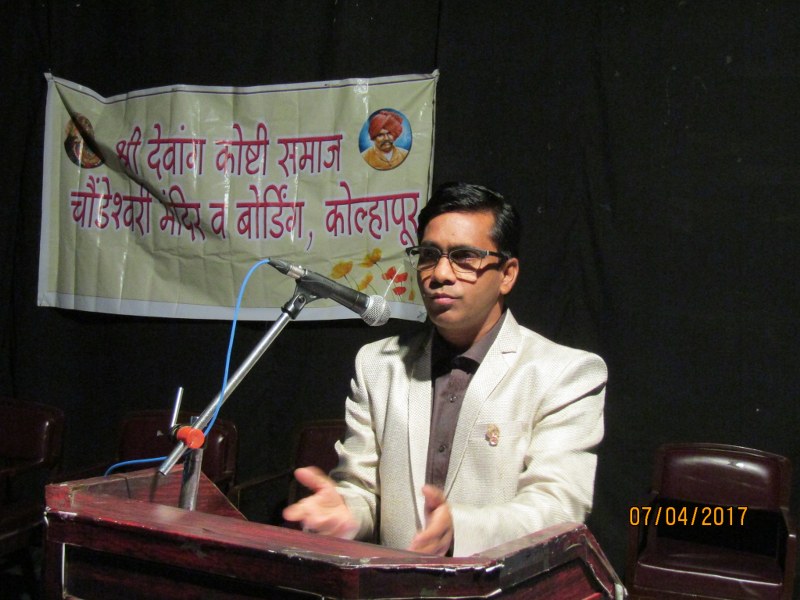
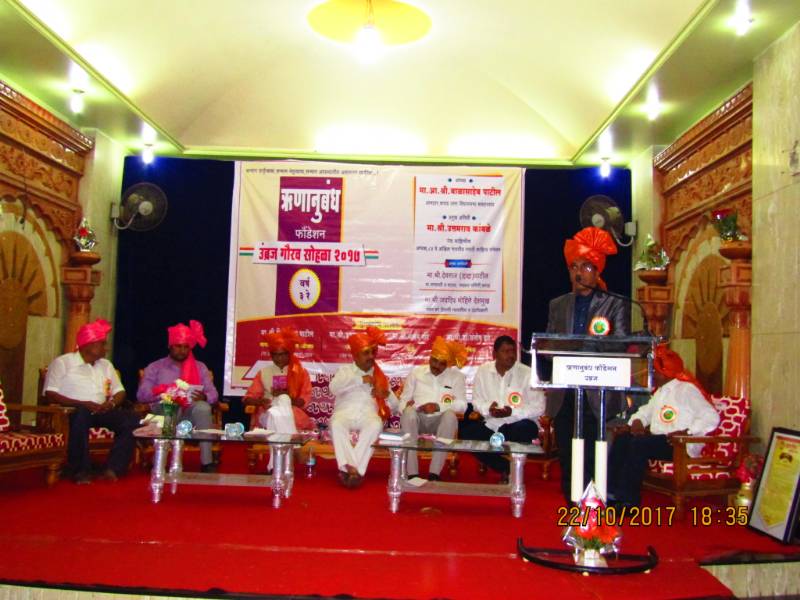
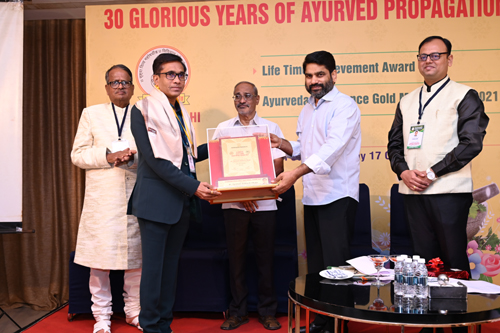
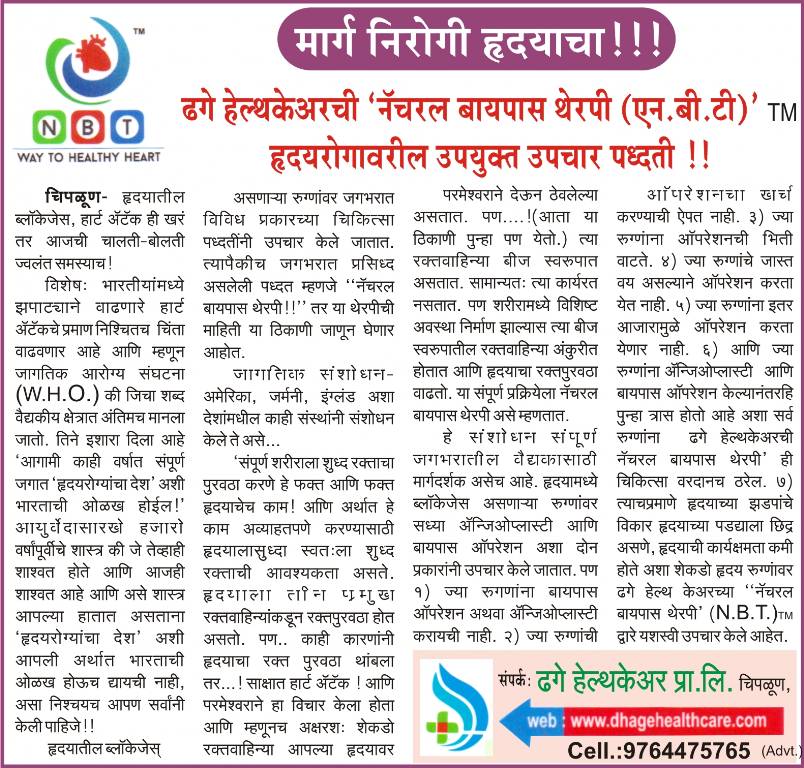
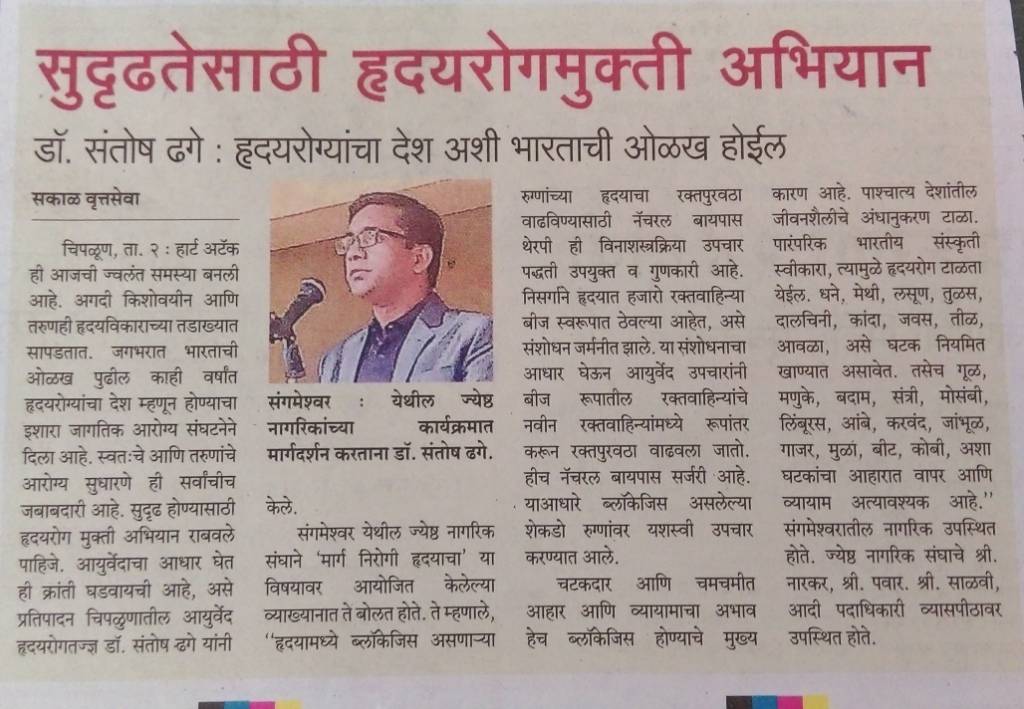
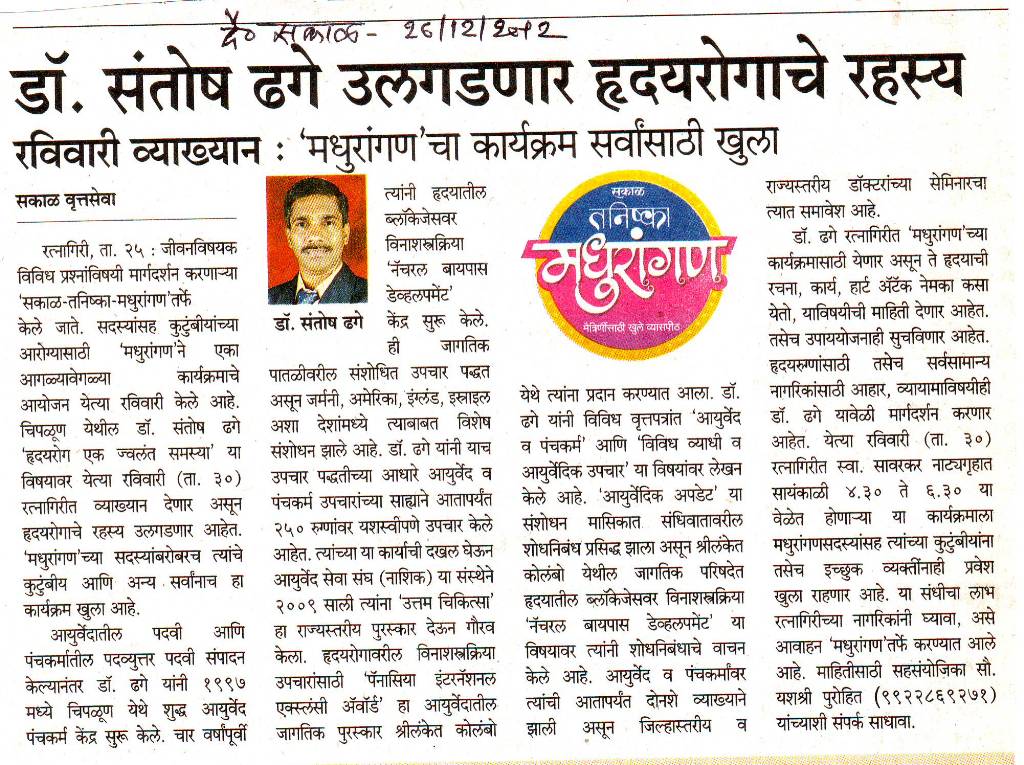

Welcome to Dr. Dhage Ayurvedic clinic. For more details and appointment please contact today.
| Mon - Fri: | 8:00 am - 8:00 pm |
| Saturday: | 9:00 am - 6:00 pm |
| Sunday: | 9:00 am - 6:00 pm |






The heart has four chambers.
Upper Chambers:
1. Right Atrium 2. Left Atrium
Lower Chambers:
1. Right Ventricle 2. Left Ventricle
The right ventricle and left ventricle are divided by a wall called the septum, and the opening in this wall is referred to as Ventricular Septal Defect (VSD). This defect causes blood to flow from the left ventricle to the right ventricle.
Causes of VSD:
• The cause is largely unknown.
• It is a very common type of heart disease.
• VSD can also develop post-MI (heart attack).
• The opening between the right and left ventricular septum can range from very small to the complete lack of a ventricular septum.
Symptoms of VSD:
Ventricular septal defect (VSD) is typically asymptomatic at birth, leading to an absence of cyanosis in the early stages. In cases of a small opening, the only indication may be a heart murmur.
Common Symptoms:
• Difficulty breathing.
• Limited growth.
• Breathing difficulty during physical activity.
• Swelling in legs and abdomen.
• Overall weakness.
• Tiredness.
The right atrium and left atrium are divided by a septum with a hole in it, creating two chambers called an Atrial Septal Defect (ASD).
What is ASD and why is it important to understand?
Every newborn with a hole in the septum between the right and left atrium has ASD.
The upper chambers of the heart are known as these two.
It is a typical opening that redirects blood away from the lungs before birth. Following birth, this opening typically closes and gradually becomes smaller within a few weeks.
Sometimes a hole can be larger than usual after birth in many children, and the cause is often unknown. Some children may also have additional heart issues along with ASD.
Symptoms of ASD:
Some infants with ASD may not display any symptoms initially, but signs can emerge later on.
• Shortness of breath during physical activity.
• Difficulty breathing.
• Tiredness.
• Swelling in the abdomen, feet, and legs.
• Heart palpitations.
Treatments of ASD/VSD:
If the patient shows no symptoms, it is recommended to wait and monitor, as per medical guidelines.
1) Closing ASD/VSD through surgery.
2) Ayurvedic therapy.
Advantages of Dhage Healthcare’s Ayurvedic Treatment for VSD and ASD
A) Patient becomes symptom-free.
B) Patient’s physical and exercise capacity improves.
C) There is a high likelihood of closing VSD/ASD with Ayurvedic Medicines.
For more information about the Heart Disease or Appointments, please call or visit us
| Only By Appointment Mon - Sat: 10:30 am - 02:00 pm & 04:00 pm to 07:00 pm - Friday Off |